What the pound’s record low means for the UK
Weak currency means higher prices and prospect of big interest rate hike
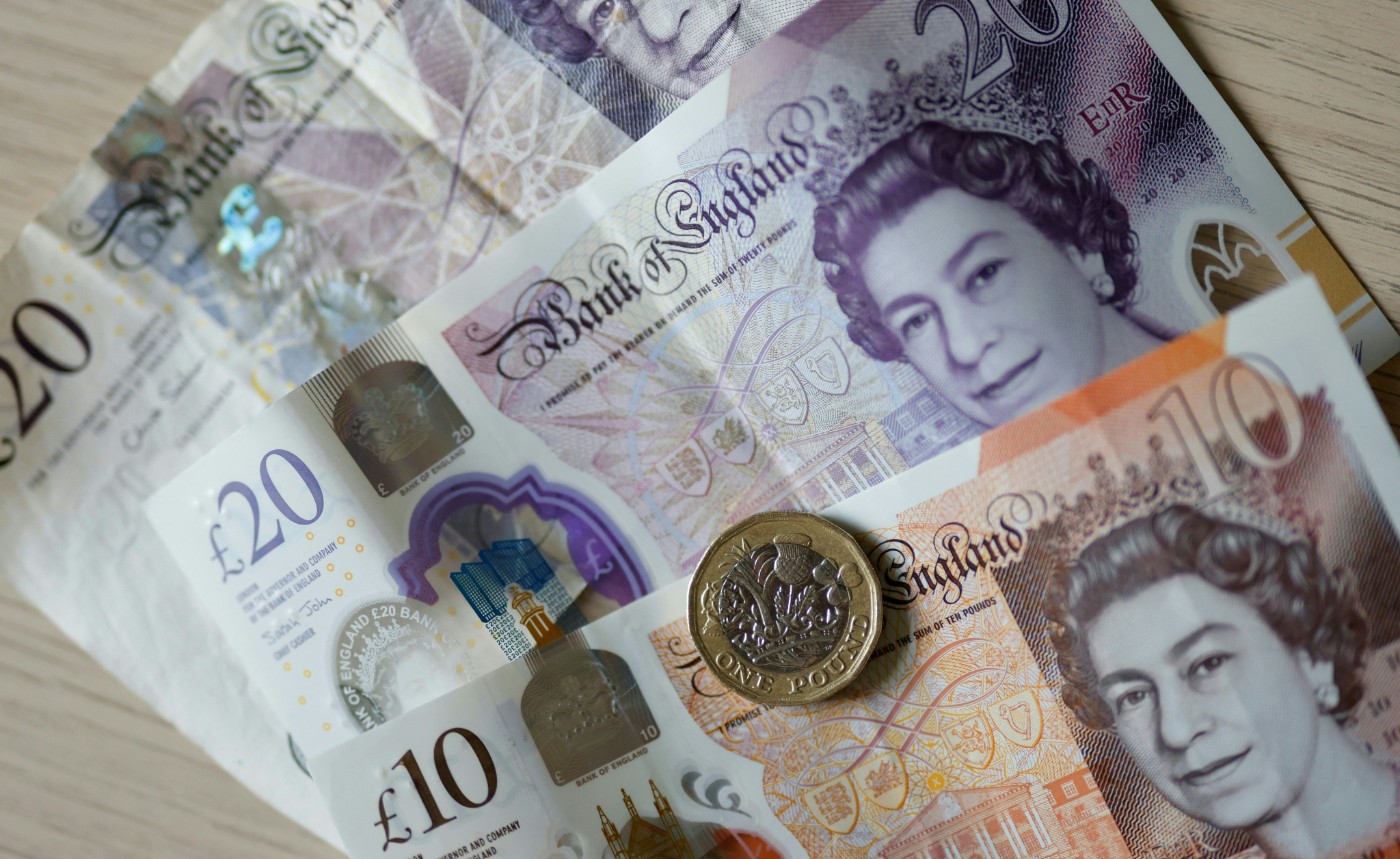
A free daily email with the biggest news stories of the day – and the best features from TheWeek.com
You are now subscribed
Your newsletter sign-up was successful
The pound has fallen to its lowest level against the dollar since decimalisation in 1971 as markets reacted to the UK’s biggest tax cuts in 50 years and hints from the chancellor that more could be on the way.
In early Asian trading, sterling dropped by 4.9% to $1.0327 before regaining some ground to arrive at $1.06 by the time markets opened in Europe.
The latest fall adds to a sharp decline in the value of sterling over the past six months. In September so far, the pound has dropped by 7%, leaving it more than a fifth lower than it was a year ago.
The Week
Escape your echo chamber. Get the facts behind the news, plus analysis from multiple perspectives.

Sign up for The Week's Free Newsletters
From our morning news briefing to a weekly Good News Newsletter, get the best of The Week delivered directly to your inbox.
From our morning news briefing to a weekly Good News Newsletter, get the best of The Week delivered directly to your inbox.
The fall will result in an increase in the price of imports including energy, food and clothing, worsening the already serious cost-of-living crisis.
Why is the pound falling?
The falling pound represents a “punishing verdict” by traders on the sweeping tax cuts in Kwasi Kwarteng’s mini-budget last week, The Guardian said.
The pound has also been under pressure due to strength of the dollar. However, it is clear that the fall is not just an indication of the dollar’s success, The Times said, because the pound has also fallen 2.4% against the euro to €1.0887.
Shadow chancellor Rachel Reeves described the fall as “incredibly concerning”. She added that the chancellor needed to lay out his plans to “get a grip on the public finances because that is what is giving real concern to market traders” and to “working people”.
A free daily email with the biggest news stories of the day – and the best features from TheWeek.com
What will a falling pound mean for individuals?
The pound’s value “affects everyone”, the BBC explained, “from holidaymakers and shoppers, to business-owners and investors”.
While many people don’t think about the value of their own currency until they go on holiday and exchange money at the airport, a fall in the pound affects household finances too, the broadcaster said.
Anything made overseas including smartphones, computers, reading glasses and cars may get more expensive in UK shops. Even some items that are made in the UK can become more expensive as manufacturers and retailers pass on rising costs of materials to consumers.
Also, anything priced in dollars becomes more expensive for people in the UK. For example, given oil is priced in dollars, a weak pound will make it more expensive to buy petrol. Gas is also priced in dollars.
The UK also imports more than 50% of its food, “so the cost of everything from courgettes to bananas goes up”, said The Guardian.
Investment management firm Brewin Dolphin said that one of the main consequences of a weak pound is that it makes inflation go up, because the UK imports more than it exports.
“A weaker pound will make goods more expensive for both companies and consumers,” the company explained. “Anyone on a fixed income, like many pensioners, or workers who have not had a pay rise in several years, will be hit especially hard because inflation eats into the purchasing power of their income, effectively making them poorer,” it added.
What can be done to halt the decline?
According to the BBC’s political editor Chris Mason, even though ministers haven’t said anything publicly: “The impression I am left with is they want to ride this out. They hope it is short-term volatility.”
However, he said one Conservative MP had told him: “This is very worrying. All the wheels could come off.”
Mansoor Mohi-uddin, chief economist at Bank of Singapore, told the Financial Times that ministerial intervention may not be enough. “It looks like we’re headed for a spiral that we usually see in emerging markets crises, where policymakers struggle to reassert credibility,” he said.
Mohi-uddin said the problem is that investors believe UK public debt is now on an “unsustainable rising path” while the country was still running a “gaping current account deficit”.
“If we continue to see these huge moves in the market, the Bank of England will have to raise interest rates, perhaps as much as 1 percentage point, to try and stabilise the pound,” he added.
Paul Dales, of Capital Economics, agreed that the Bank of England governor Andrew Bailey must intervene to arrest the pound’s decline.
The best move, he said, would be to put in place a “large and immediate” interest rate hike of at least 100 basis points to 3.25%.
However, he added, “we’ve entered the part of the currency crisis where psychology takes over”.
Arion McNicoll is a freelance writer at The Week Digital and was previously the UK website’s editor. He has also held senior editorial roles at CNN, The Times and The Sunday Times. Along with his writing work, he co-hosts “Today in History with The Retrospectors”, Rethink Audio’s flagship daily podcast, and is a regular panellist (and occasional stand-in host) on “The Week Unwrapped”. He is also a judge for The Publisher Podcast Awards.
-
 Local elections 2026: where are they and who is expected to win?
Local elections 2026: where are they and who is expected to win?The Explainer Labour is braced for heavy losses and U-turn on postponing some council elections hasn’t helped the party’s prospects
-
 6 of the world’s most accessible destinations
6 of the world’s most accessible destinationsThe Week Recommends Experience all of Berlin, Singapore and Sydney
-
 How the FCC’s ‘equal time’ rule works
How the FCC’s ‘equal time’ rule worksIn the Spotlight The law is at the heart of the Colbert-CBS conflict
-
 Autumn Budget: will Rachel Reeves raid the rich?
Autumn Budget: will Rachel Reeves raid the rich?Talking Point To fill Britain’s financial black hole, the Chancellor will have to consider everything – except an income tax rise
-
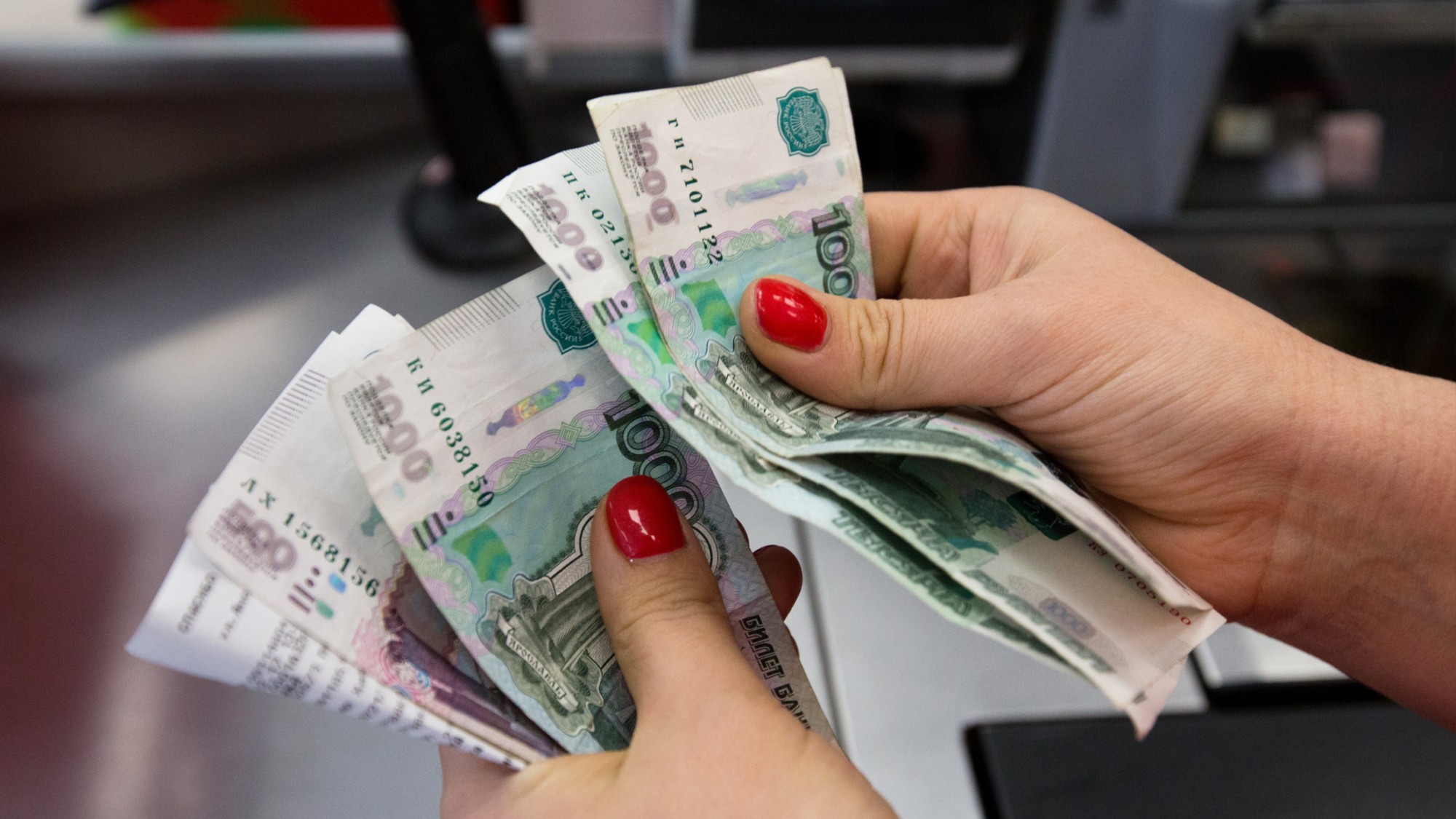 Why has the Russian ruble performed so well this year?
Why has the Russian ruble performed so well this year?Today's Big Question Despite economic malaise, Russia's currency is up 45% on the year
-
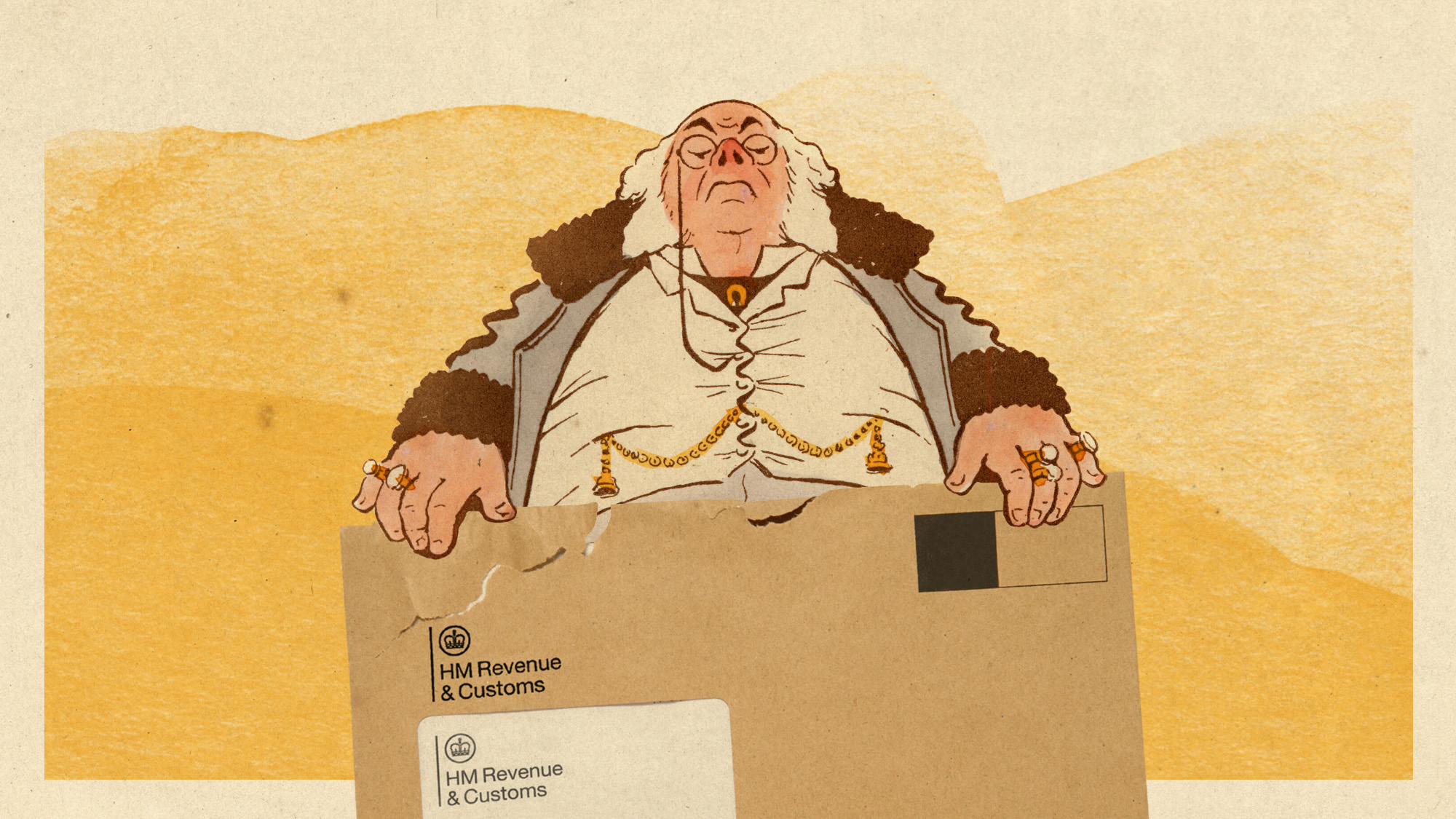 Pros and cons of a wealth tax
Pros and cons of a wealth taxPros and Cons Raising revenue and tackling inequality vs. the risk of capital flight and reduced competitiveness
-
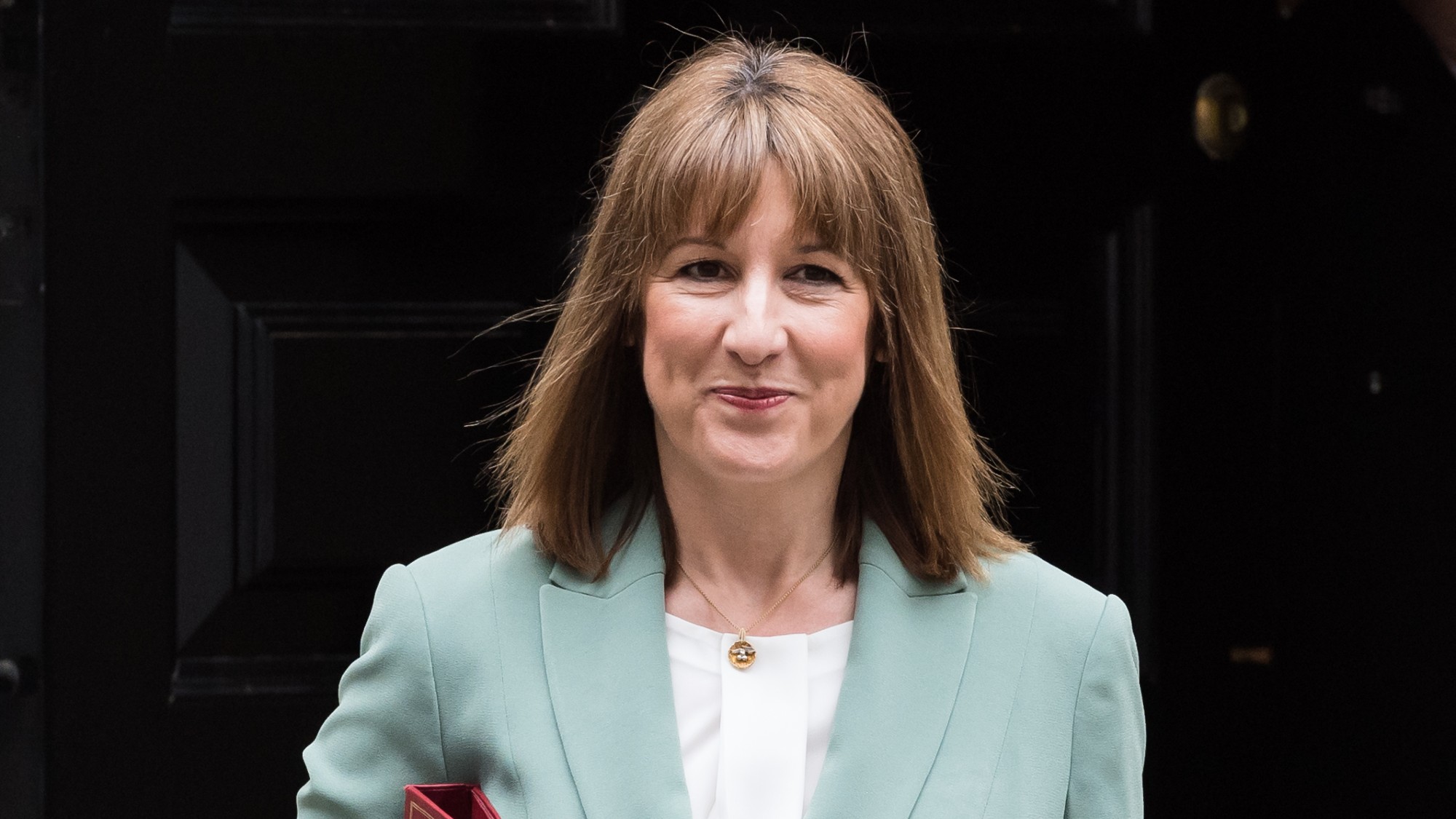 Is Rachel Reeves going soft on non-doms?
Is Rachel Reeves going soft on non-doms?Today's Big Question Chancellor is reportedly considering reversing controversial 40% inheritance tax on global assets of non-doms, after allegations of 'exodus' of rich people
-
 Foreigners in Spain facing a 100% tax on homes as the country battles a housing crisis
Foreigners in Spain facing a 100% tax on homes as the country battles a housing crisisUnder the Radar The goal is to provide 'more housing, better regulation and greater aid,' said Spain's prime minister
-
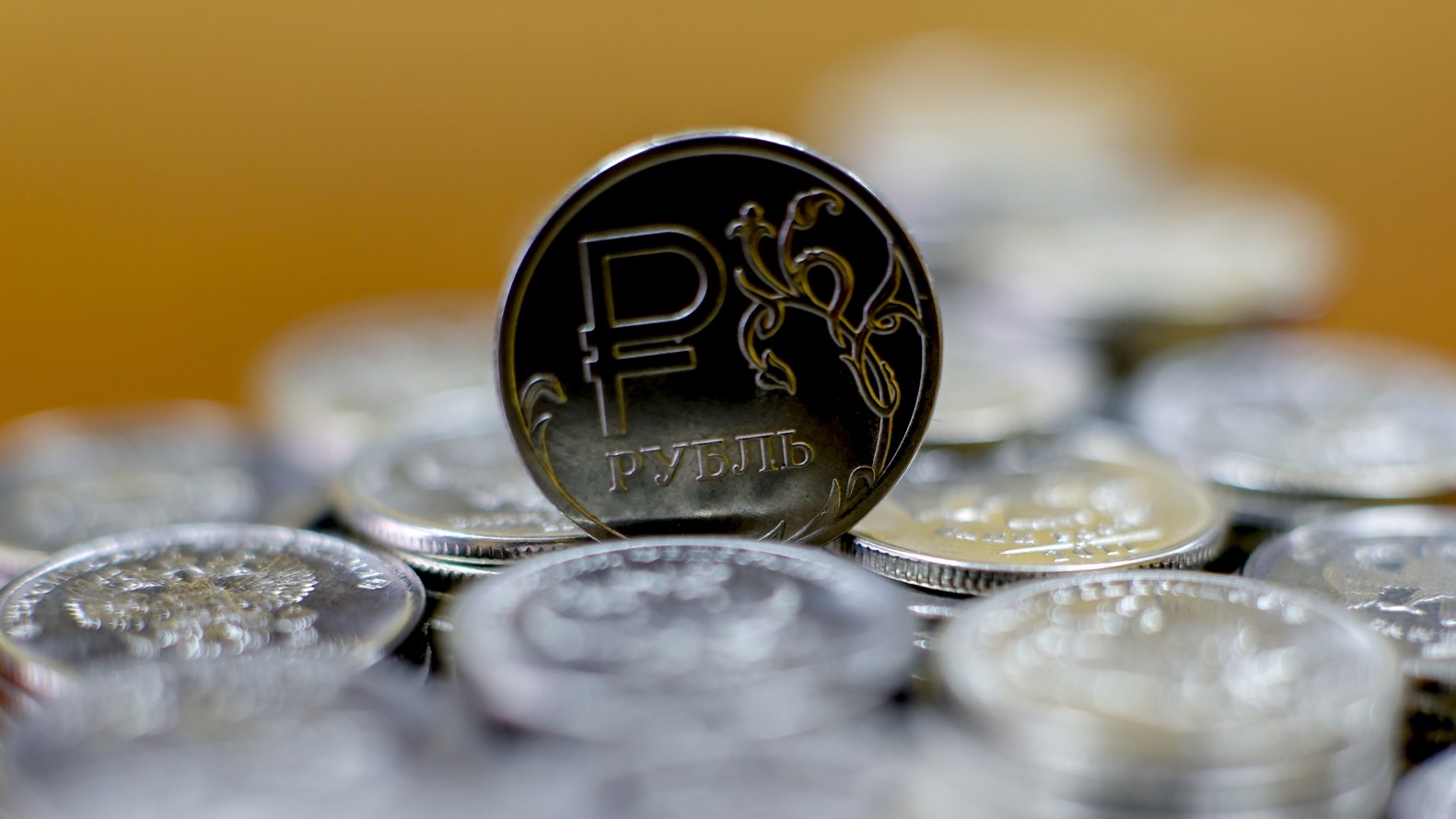 Russia's currency crisis as sanctions bite
Russia's currency crisis as sanctions biteThe Explainer Rouble plunges to lowest rate against dollar since invasion of Ukraine as economic toll finally begins to be felt
-
 What's next for electric vehicles under Trump?
What's next for electric vehicles under Trump?Today's Big Question And what does that mean for Tesla's Elon Musk?
-
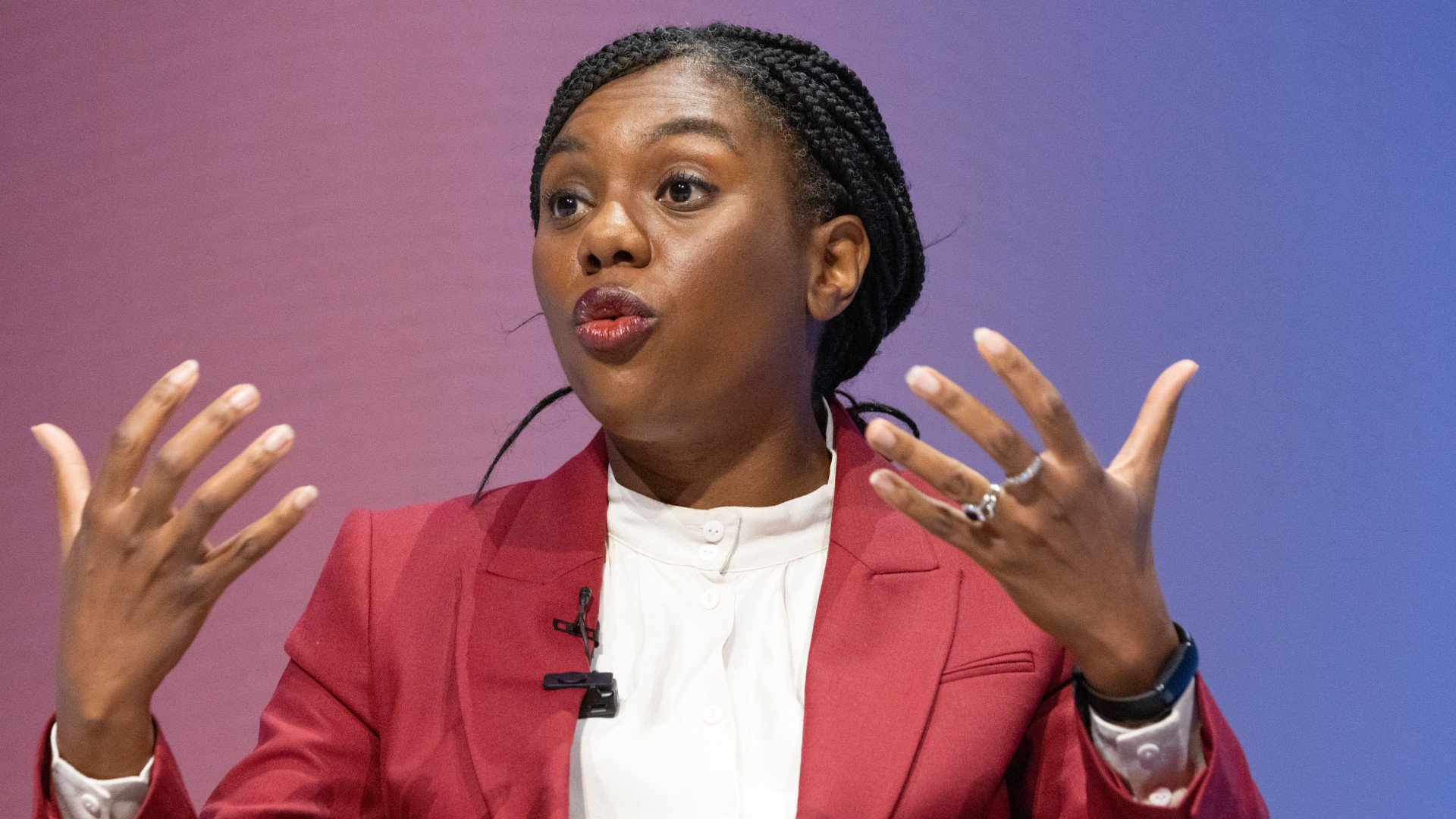 The row over UK maternity pay
The row over UK maternity payTalking Points Tory leadership hopeful Kemi Badenoch implied that taxpayer-funded benefit was 'excessive' and called for 'greater responsibility'